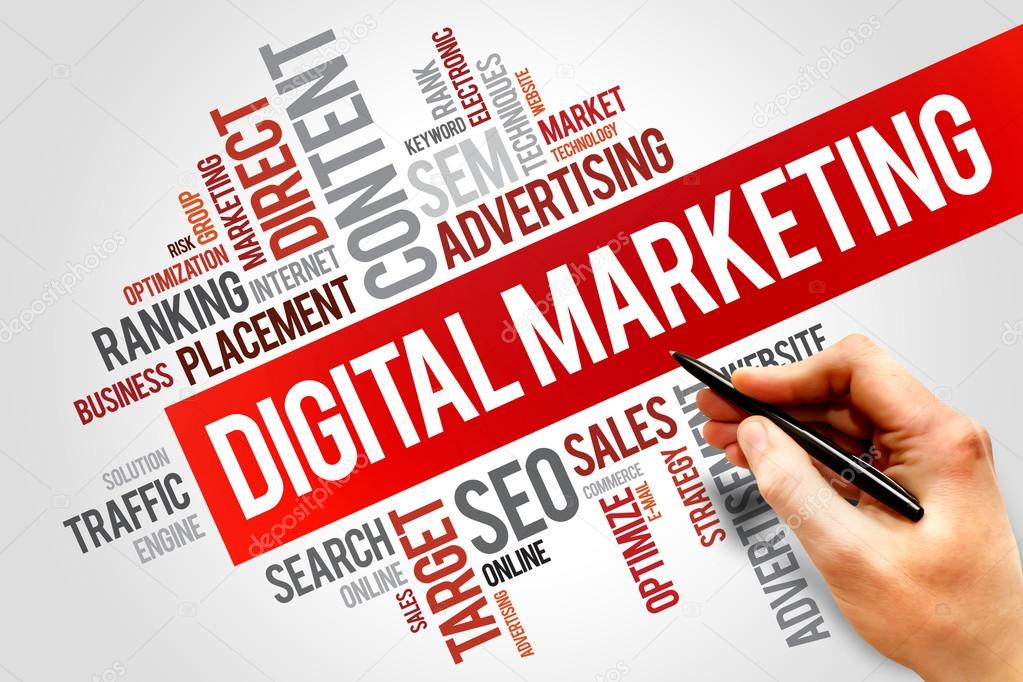
Digital Marketing Challenges
Importance of Digital Marketing
Digital Marketing has become more famous after involvement of latest technologies in businesses. In fact, it has completely changed the old marketing methods. In addition, it compelled marketers to stay connected with their buyers via internet. Consequently, the marketers must consider advantages and disadvantages of digital marketing to plan the best marketing. Why? Due to high efficiency and effectiveness. Digital Marketing has recognized by all business entities. And now it is growing faster with every passing day. Soon, it will become easier for small businesses. So digital marketing has become a crucial need of small as well as large scale businesses in today’s digital environment.
Digital marketing tools by strategy
Whether it’s managing customer relationships, winning over leads or uncovering new marketing opportunities. Here, a list can serve as the foundation of a powerful marketing stack:
- Social media marketing tools.
- Email marketing tools.
- SEO (search engine optimization) tools.
- Lead enrichment tools.
- Conversion optimization tools.
- Landing page and lead capture tools.
- Graphic creation tools.
5 current digital marketing challenges
According to Deloitte, 72% of marketers report that role of marketing has increased during the pandemic years. For that Digital marketing has become a powerful tool for communicating with new customers. As the last 18 months has brought on a number of changes to consumer behavior.
In fact, changing consumer behavior is forcing digital marketers to pivot their strategies. Recently, it becomes increasing difficult to keep up with customer expectations. As well as maintaining a competitive edge. Here are 5 current digital marketing challenges:
1. A customer-centric market
First, adoptong a customer-centric approach is not an easy task. Especially considering that customer needs and expectations are constantly evolving. Though utilizing a customer-centric marketing strategy is key to success. That according to a study by Salesforce:
- 66% of customers say their experience in digital marketing with one industry influences their expectations of others
- 52% of customers in digital marketing expect offers to always be personalized
- 66% expect companies to understand their unique needs and expectations in digital marketing. Yet, 66% say they’re generally treated like numbers
- Only 48% of customers say they generally trust companies
2. Creating engaging content
Second, the definition of engaging content in digital marketing has shifted exponentially in recent years. Though this is not necessarily a new trend. The need to create compelling and engaging content continues to rise. For that, agencies are challenged to come up with new innovative ideas. Simply, to present content and communicate in new ways that are relevant to the demographics they want to reach.
3. Complying with privacy and data-sharing regulations
Thirdly, according to Salesforce, only 27% of consumers understand how companies use their personal information. And 86% want more transparency.
Most digital marketers are constantly having to face evolving privacy regulations.
Other Challenges:
4. Mobile-friendly approach
In fact, customers are browsing and shopping on smartphones and tablets more than ever. Now half of all internet traffic shopping in the digital marketing world is from a mobile device. For that it is important for agencies to ensure their website is optimized for mobile viewing. According to a report by App Annie, Covid has changed consumer behavior on mobile ‘forever’. That with consumers spending 25% more time on their mobile apps than ever before.
5. Omnichannel marketing strategies
Morever, businesses need to invest in omnichannel efforts. From email to social media. Also from their own website to search engine advertisements. As well as from store apps to third-party messaging platforms. Not only do marketers have to relay a consistent message across all of these various channels. Also, it must be personalized too! According to research by Salesforce, 74% of customers have used multiple channels to start and complete a transaction.

